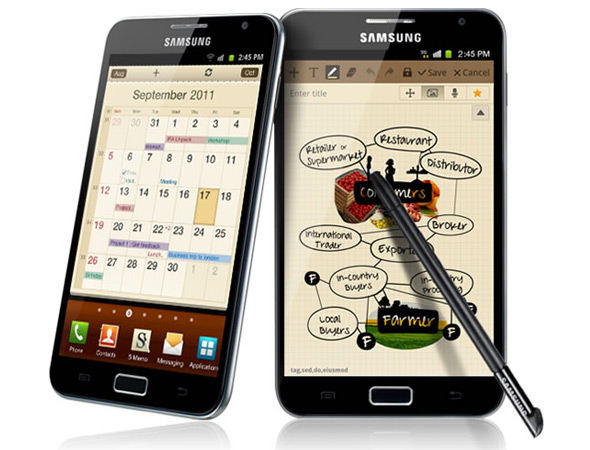Moore's Law being kicked aside by interconnectivity?

Computing power is set to lose out to interconnectivity in 2012, according to a data analyst working for the CEA.
With CES 2012, the world's biggest technology fair, just around the corner the CEA – which organises the tech tradeshow – made its way to London this week to discuss what trends we are likely to see in 2012.
One of the more intriguing trends was to do with changes in the computing market.
"The next big drive in computing will be about interconnectivity not power," explained Shawn DuBravac, chief economist and director of research at the CEA.
"For the last four or so years we have been following Moore's Law but this is changing."
Finding friction
DuBravac pins this change on more low-powered devices which are entering this market, namely tablets and Ultrabooks.
While we are seeing the rise of quad-core chips in this sector, DuBravac believes that power is not the main concern with consumers but how these devices act with each other.
Sign up for breaking news, reviews, opinion, top tech deals, and more.
"A friction [is beginning to] exist between pulling computing power out of devices and ones that are adding computer power," he noted.
"Over time we have seen computing power drive this list… it is now the experience with the device that will dictate whether we see broad adoption or not."
DuBravac cited Ultrabooks – explaining we should see 30-50 new Ultrabooks at CES – and the Chromebook as examples of the computer sector bucking the Moore's Law trend but also explained that hybrid devices, such as the Galaxy Note, were also making a resurgence.
"We will continue to see tablets at CES 2012, we saw 100 plus in CES 2011, and there will still be new launches in the tablet space this year," he said.
"But you will start to see more hybrid devices, like phones that can be tablets – 5 inches and above.
"If you think back to the tablet when it launched in 2010, a lot of analysts said it wouldn't gained traction as all they offered was a bigger screen – but this is exactly what the consumer wanted.
"So you will see this as part of the story at CES – they will scale the technology. You will find consumers using these interchangeably."

Marc Chacksfield is the Editor In Chief, Shortlist.com at DC Thomson. He started out life as a movie writer for numerous (now defunct) magazines and soon found himself online - editing a gaggle of gadget sites, including TechRadar, Digital Camera World and Tom's Guide UK. At Shortlist you'll find him mostly writing about movies and tech, so no change there then.